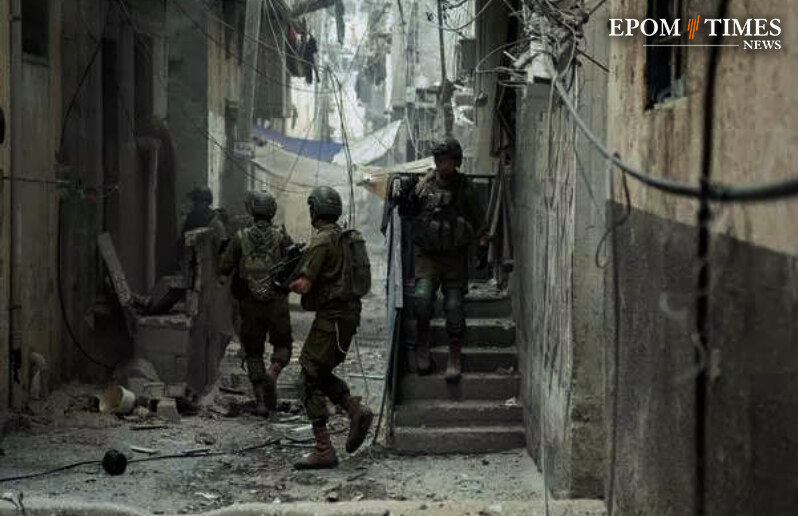After weeks of negotiations, Hamas is expected to release 33 hostages in the first stage of a proposed ceasefire agreement, offering a glimmer of hope in the midst of ongoing conflict. Officials revealed that the hostages, who were abducted during the devastating attacks on October 7, include individuals believed to be alive, though some may have tragically died during captivity.
The tentative agreement, brokered with the help of Qatari mediators in Doha, represents a critical step toward de-escalation. Israel has stated it is ready to act immediately once the agreement is signed. However, the process remains delicate, with one final round of negotiations expected to address lingering concerns.
The October 7 attacks, which claimed the lives of around 1,200 Israelis and saw approximately 250 people taken hostage, marked one of the darkest days in the ongoing conflict. Since then, the Israeli military has launched extensive operations against Hamas in Gaza, leading to a humanitarian crisis that has drawn international attention.
The proposed deal includes several key provisions:
– Hostage Release: The immediate release of 33 hostages, with subsequent phases potentially addressing others still held by Hamas.
– Buffer Zones and Border Control: The agreement allows displaced residents of northern Gaza to return home, though security remains a concern. Discussions have centered on creating a buffer zone, with Hamas suggesting a 300-500 meter area, while Israel insists on a 2,000-meter zone to protect its border.
– Prisoner Exchange: Palestinian prisoners held by Israel, particularly those involved in violence, would be released to Gaza or other countries, not to the West Bank, to reduce risks of renewed conflict.
The breakthrough reportedly came after direct involvement by senior figures, including Israel’s Mossad Director David Barnea. Despite optimism, the agreement must pass through Israel’s security and government cabinets, with potential legal challenges adding further complexity.
Meanwhile, families of the hostages remain cautiously hopeful. “Our hearts are heavy, but we remain hopeful that all our loved ones will be returned safely,” said a spokesperson for the Hostages and Missing Families Forum. The group has continued to advocate for the release of every captive, emphasizing that each life matters.
The toll of the conflict is staggering. In addition to the lives lost in the October 7 attacks, the Palestinian Ministry of Health reports that Israeli military operations in Gaza have claimed over 46,000 lives and injured more than 100,000. The fighting has displaced millions and created shortages of food, water, and medical supplies, pushing Gaza to the brink of a humanitarian disaster.
If finalized, the agreement would mark a turning point, offering an opportunity to pause the violence and begin rebuilding shattered lives. However, much remains uncertain. Trust between the parties is fragile, and implementing the deal will require careful coordination and adherence to the agreed terms.
The upcoming negotiations in Doha will be critical, as the world watches in anticipation of a potential breakthrough. For now, families of the hostages and millions affected by the conflict hold onto hope that this agreement could bring not only their loved ones home but also a path toward lasting peace.



